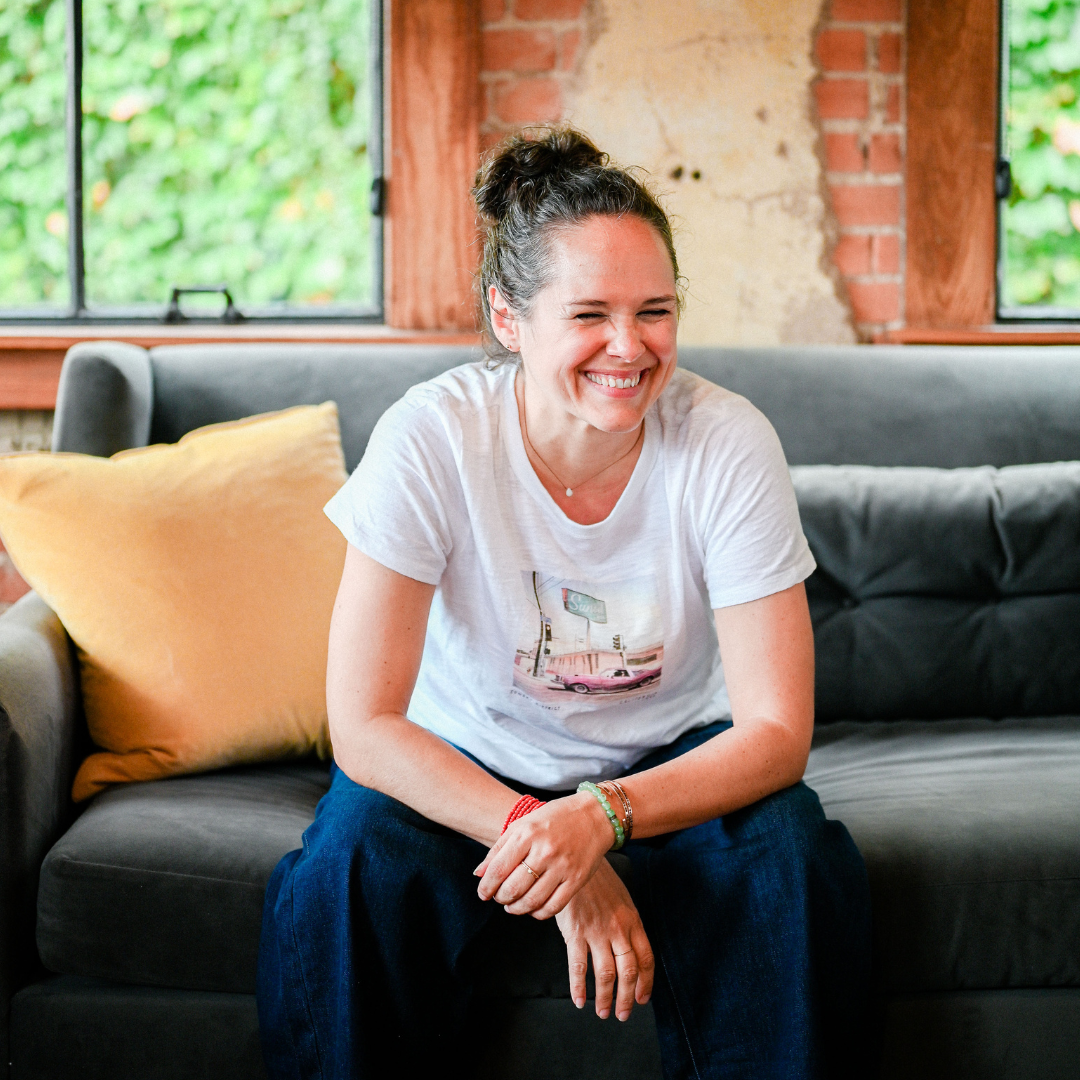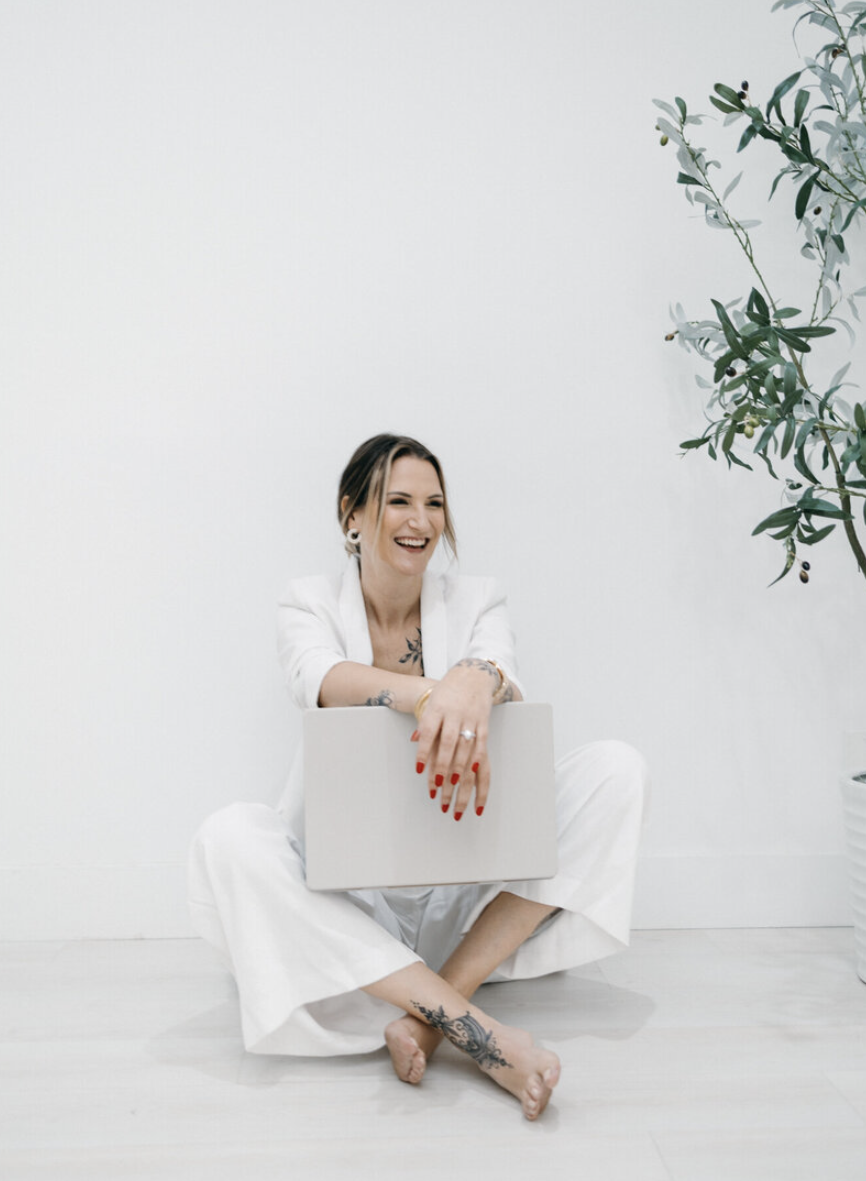91. Own It or Lose It: The Hidden Power of Legal Strategy for Creative Entrepreneurs
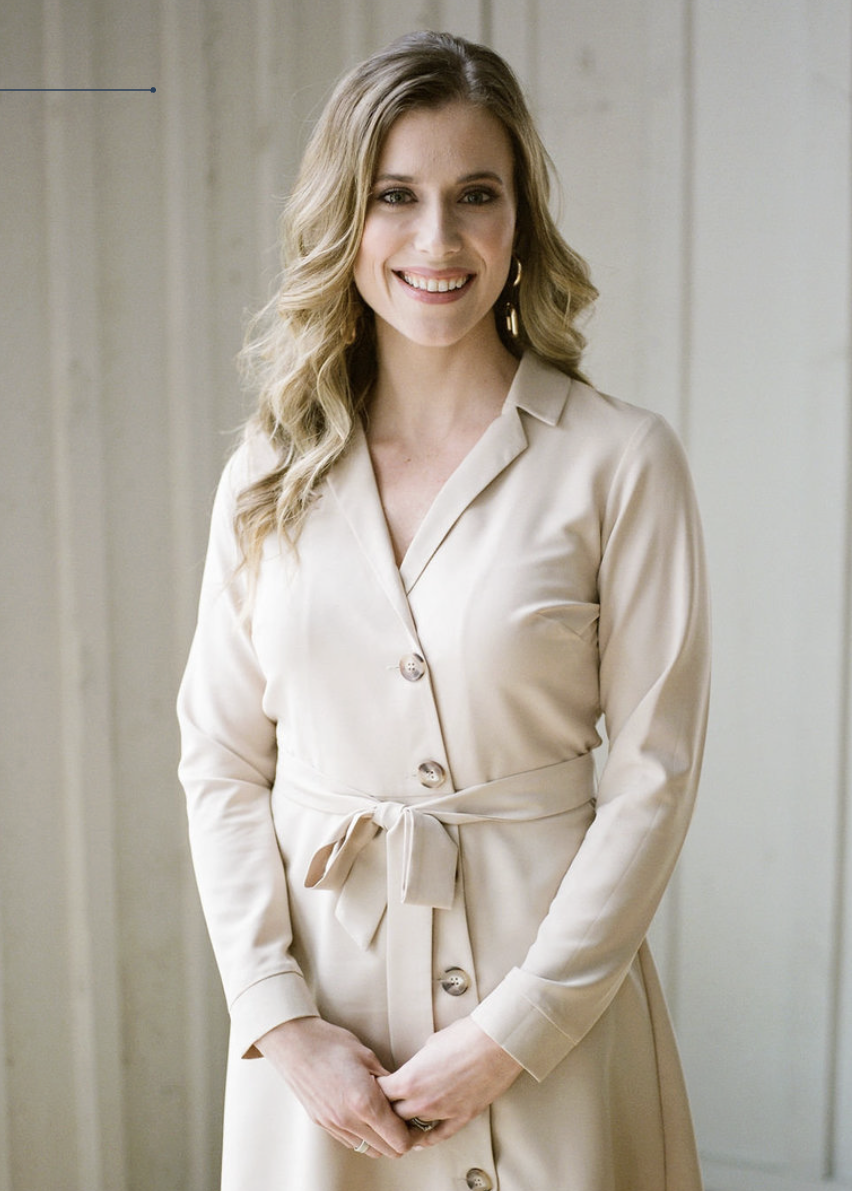
When you hear “legal strategy,” do your eyes glaze over? Same. But if you’re serious about building a business that lasts—one that can grow, sell, or scale without drama—then legal isn’t just protection. It’s leverage.
This week on the Accidental CEO Podcast, Nata Salvatori sits down with attorney and serial entrepreneur Paige Hulse, and what she unpacks might completely rewire how you think about trademarks, copyrights, and IP. If you’re building anything creative—a brand, a course, a product line—you need this episode in your ears. Now.
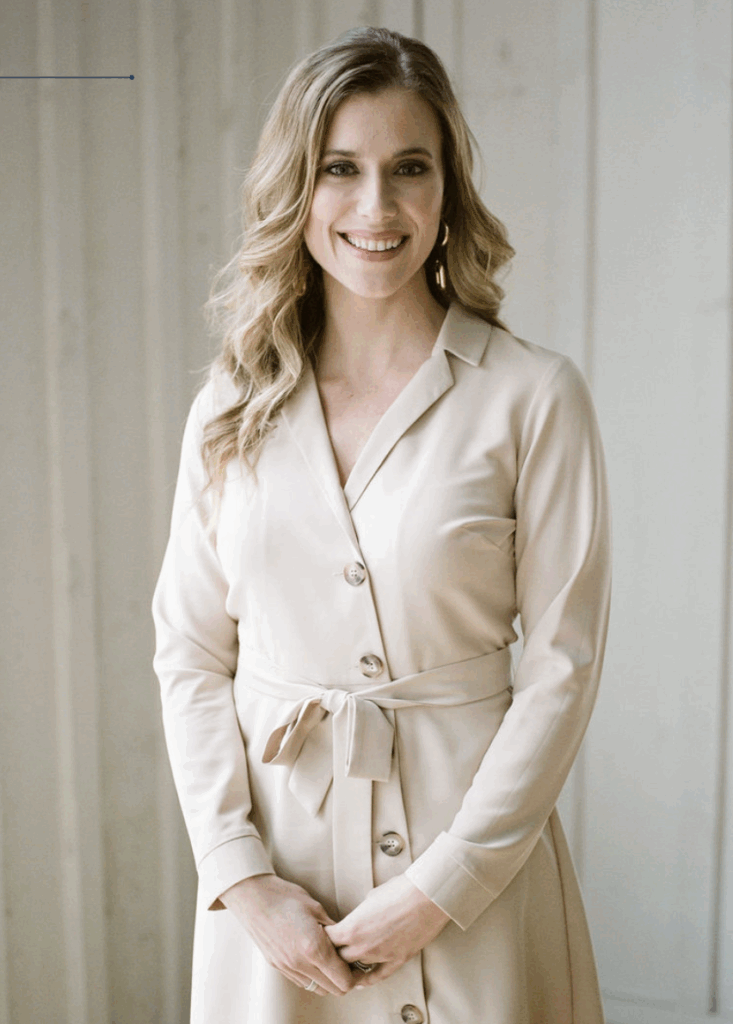
Why Most Founders Wait Too Long
“People usually think of law when something bad happens,” Paige says. But by then, it’s often too late. You built a whole brand, spent thousands on a website, and poured years into growing it… only to get a cease-and-desist. Or worse, find out someone else legally owns the name.
Paige sees it all the time. And the heartbreak is real.
“The number one mistake? Building something you don’t actually own.”
Trademarking isn’t about being fancy. It’s about being free.
What Counts as Intellectual Property (IP)?
- Trademarks — Think: business name, logo, slogan.
- Copyrights — Your courses, written content, photos, videos.
- Patents — For inventions (less common, but powerful).
If you’ve created something original and valuable, you likely have IP you’re not protecting. And that means you’re leaving money—and legal safety—on the table.
Strategy Over Scrambling
When Paige helps a founder name a company, she thinks beyond vibes. She considers how easy it is to trademark, how unique it is, and whether it could eventually be licensed out.
Because trademarks don’t just protect. They profit.
Like the client who trademarked a course title and ended up selling a licensing deal for seven figures. Or the founder who built two separate entities so she could license one while consulting for the other.
It all comes down to this:
“Every business should be built to be sellable. Even if you don’t plan to sell.”
Naming Rules That Save You Thousands
- Run a Search: Use the USPTO TESS tool. It’s free. Make sure no one owns the name.
- Avoid Descriptiveness: “Page’s Law Firm” won’t fly. Think unique.
- Think Beyond Today: Can this name spin into a product line? Be licensed? If not, keep thinking.
Trademarking is harder than ever—the US is running out of clean names. Which means if you can secure a good one, it just became more valuable.
Copyrights and Courses: What You Need to Know
Creating a course? Don’t assume it’s automatically protected.
You need to:
- Register it with the U.S. Copyright Office.
- Prove YOU own all parts: text, images, video, audio.
- Get assignment agreements if anyone else helped.
Why? Because you can’t legally protect or enforce copyright until it’s registered. That means if someone steals your work, your hands are tied unless you prepped ahead.
The AI Question
Can you copyright something made with ChatGPT? Maybe. But it’s legally murky.
Right now, the rule is: humans must be the authors.
So if you’re using AI to create content, make sure it’s no more than 10% (5% to be safe), and you put your voice, edits, and ideas into the final work.
“Use AI as a springboard, not a shortcut.”
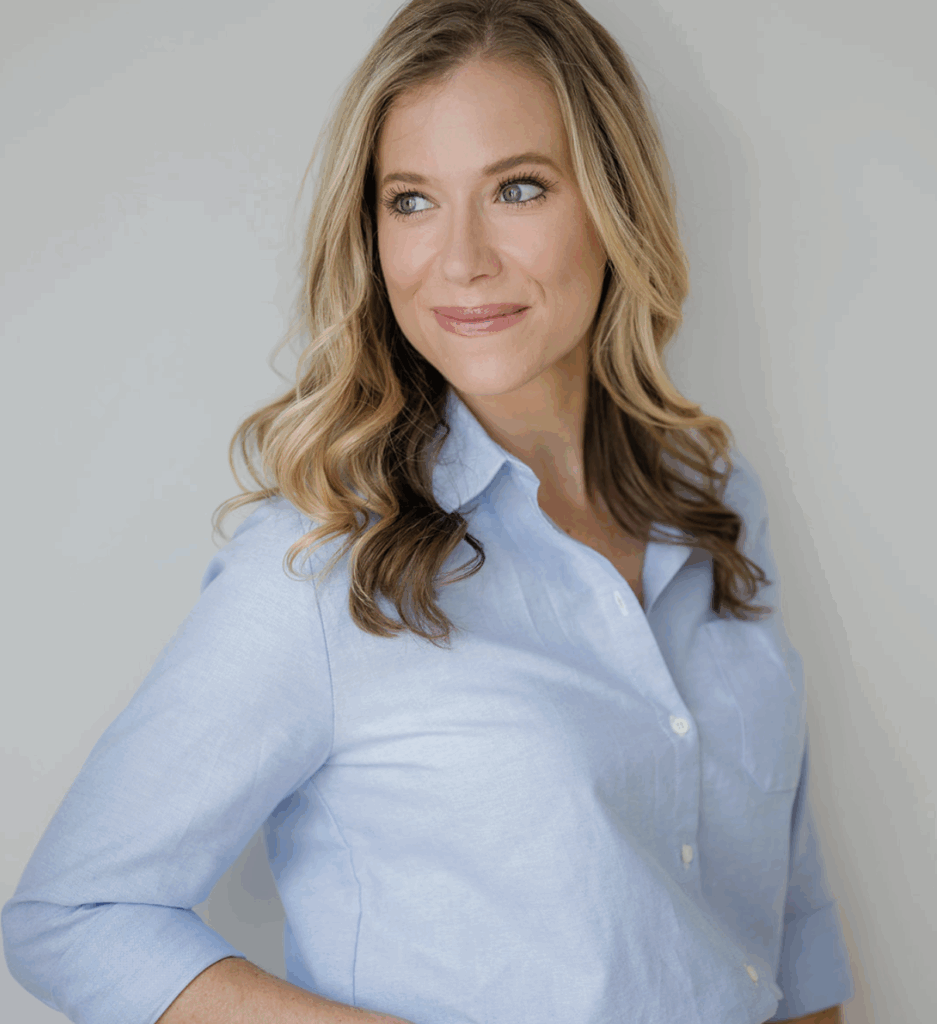
IP = Monetizable Assets
Think of every trademark and copyright you own as a potential revenue stream:
- License a phrase or framework.
- Sell a course or license the curriculum.
- Build a brand, then sell the IP while consulting under your name.
This isn’t just theory. Paige has clients pulling in six-figure quarterly licensing deals from IP alone.
Tools & Links Mentioned
- USPTO Trademark Search Tool
- Paige’s Law Firm: pagehulselaw.com
- Creative Law Foundry App: shopcreativelaw.com
Your Action Steps:
- Run a free trademark search for your brand name.
- Audit what you’ve created—what could be copyrighted or licensed?
- Visit Paige’s shop for templates that protect your work the smart way.
Legal might not feel sexy. But owning your IP? That’s CEO energy. And the earlier you start, the easier (and cheaper) it is to protect the empire you’re building.
Because building a business without legal strategy is like building a house on sand.
Own your brilliance. Protect your future.
SUBSCRIBE ON YOUR FAVORITE PODCAST PLAYER

